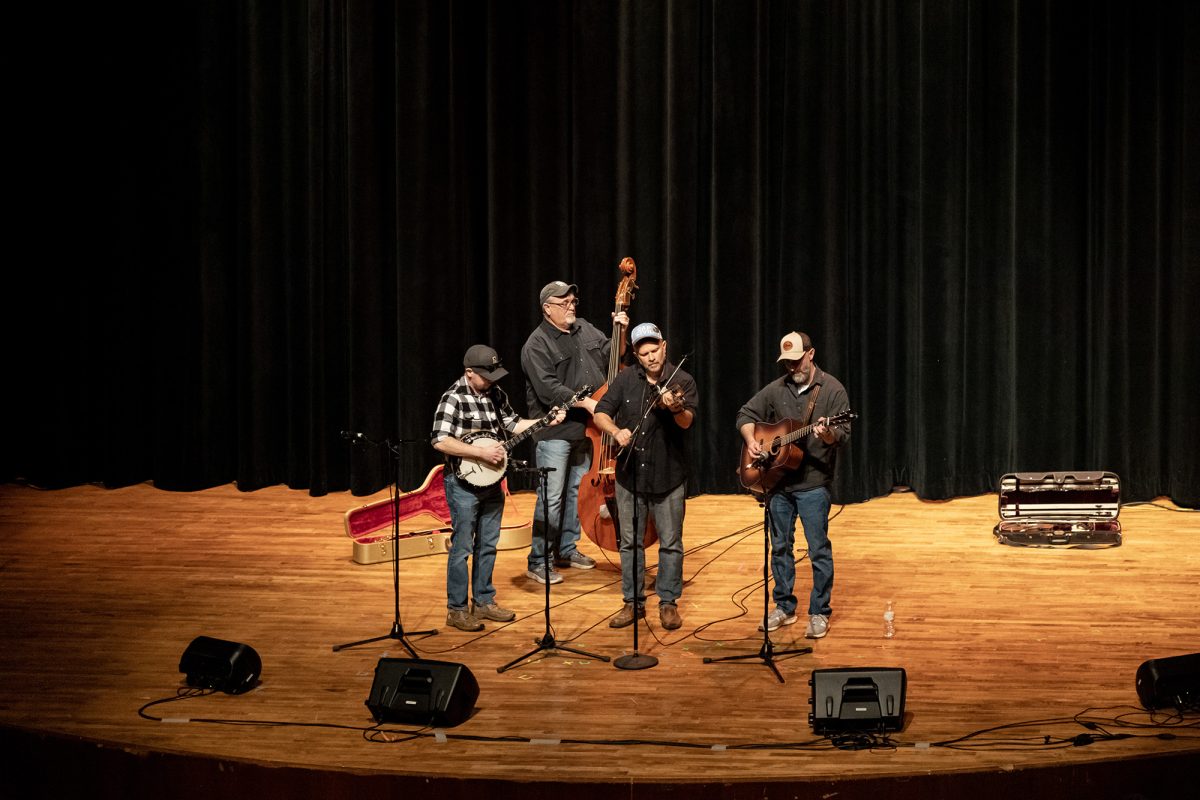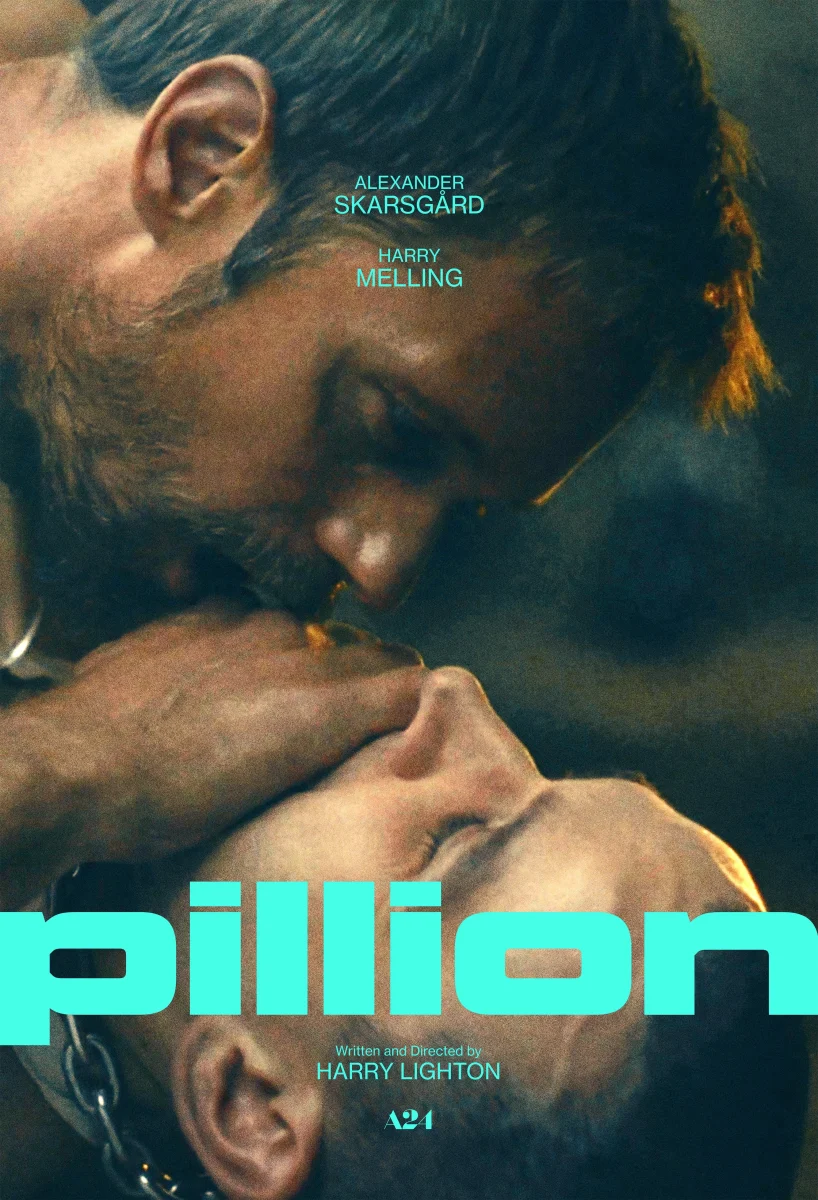[img id=”104132″ align=”left”/]There weren’t enough chairs set out for all of Li-Young Lee’s fans in the humble eighth-floor Seminar Terrace room at the Logan Arts Center, where Li held his poetry reading as part of the Reva Logan Poetry Series. Despite the blustering winds and frigid temperatures, faculty, students, and fans of Lee’s poetry from all demographics filled the room, pressing against the walls, on the evening of January 31.
After being introduced by Srikanth Reddy, assistant professor in English Language & Literature, Lee walked to the front of the room from the unnoticed space he had been occupying, casually thanked everyone for coming out despite the cold, and in the simple, unprepossessing manner that characterizes his poetry, began the reading.
Lee, author of four poetry collections (Rose, The City in Which I Love You, Book of My Nights, and Behind My Eyes) has been showered with accolades and awards for the lyricism, pregnant pauses, and deep honesty of his work. He chose to read only three poems—“two,” he said, “are love poems;” the last poem was about “the fruit of love.”
The first poem was a work-in-progress, “The Undressing,” which begins as a dialogue that evolves into a monologue; simple banter between husband and wife grows into a universal exploration of what it means to listen and not to listen, and of romantic and other relationships between people. The poem is contained within the delicately sensual framework of a man undressing his wife.
Lee’s second poem, “Virtues of a Boring Husband,” is another monologue-style poem taken from his most recent collection, Behind My Eyes. He immediately got a few laughs with the opening line, “Whenever I talk, my wife falls asleep.” But soon, as in most of Lee’s other poetry, the gentle humor gave way to a poignant reflection.
The Logan Arts Center commissioned the third poem Lee read, “The Dream of Refuge.” To preface the poem, Lee explained that he thought the Logan Center was a great undertaking, and that the concepts of safety and shelter are complex. He said he admired how the Logan Center represented giving shelter to artists and people of the neighborhood. The poem’s final image of a child throwing a ball into the air was full of nostalgia, growing pains, and serenity.
After the reading, Lee took questions from the audience, and discussed what it was like to hear the voice of God in chiming bells and see his wife as a goddess. He also gave his thoughts on line breaks and safety and security in light of recent violence in Chicago. Lee spoke at length about the ancient Chinese ideal of being safe, which was to stand in a public market with mud on one’s face, smiling, and “killing what needs to be killed and blessing what needs to be blessed.” Stepping down from the podium, Lee stayed to sign books and talk with his fans, who lined up one by one to shake hands with this man who wore taped-up black glasses and a quilted jacket and who had brought his poems in a brown paper bag.
Lee’s self-deprecating humor and frank admission of being “in the dark most of my life, writing poems” was very appealing, with a charm similar to that of his poetry. His old teacher, Gerald Stern, spoke of the transparency of his poetry, which has a technical simplicity. But there is a complexity underneath the everyday language—a subtle complexity which transforms basic phrases into inspired ones, causing readers of Lee to be completely subsumed by his beautiful (uni)verse.








